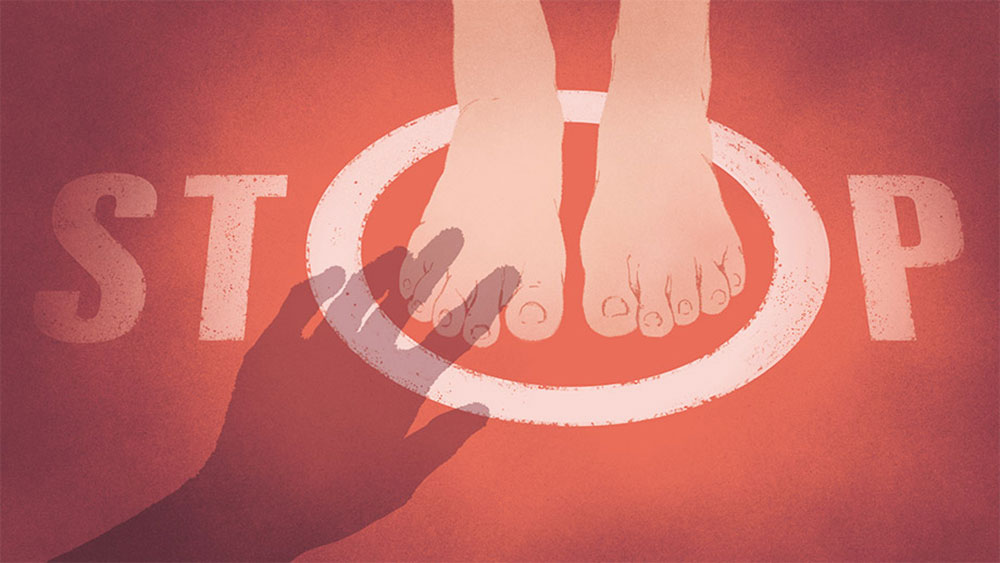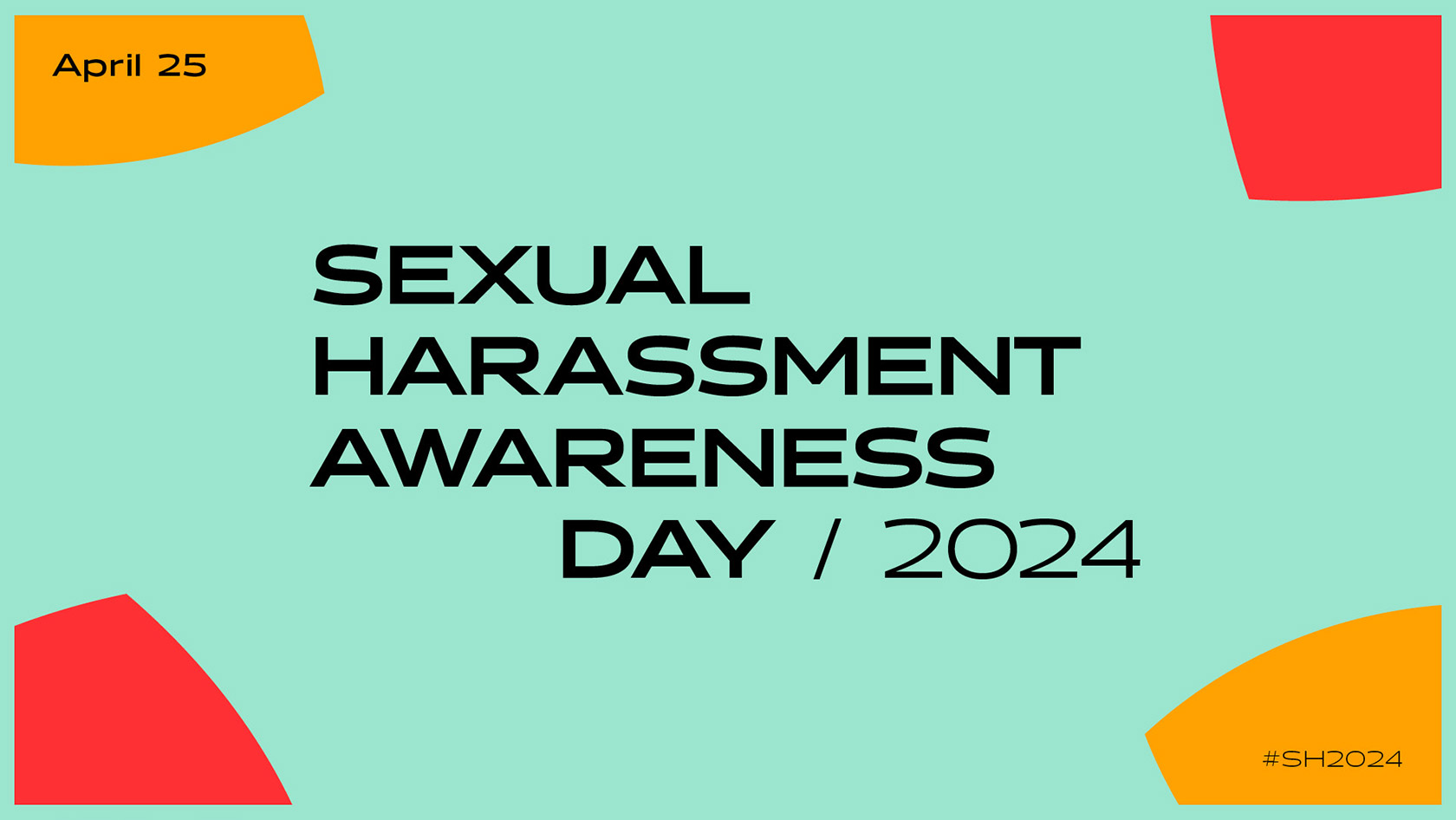“We want to help raise awareness”
Today is Sexual Harassment Awareness Day. Universities across Switzerland are marking the occasion with a joint prevention campaign. To raise awareness of the issue, UZH decided to publish the number of cases of sexual harassment and sexist behavior dealt with by the university’s committee that oversees such cases at UZH (RSB Committee) between 2014 and 2023. We met with professor of law Brigitte Tag to find out how cases of sexual harassment went from 5 in 2015 to 43 in the past year.
Brigitte Tag, the number of reports of sexual harassment at UZH have increased sharply, especially in the last two years. Can this increase be attributed to heightened awareness of the issue, or did the number of cases at UZH actually increase?
Brigitte Tag: It’s possible that the actual number of cases has gone up over the past few years. At the same time, it has to be said that as awareness has increased, more people are recognizing sexual harassment and sexist behavior and seeking support. The University of Zurich has been a part of Sexual Harassment Awareness Day since 2021 and has also stepped up its efforts to raise awareness through various events. In addition, the #MeToo debate has had a great impact in raising awareness of the issue. The figures presented in the annual reports cover all cases dealt with by our committee in a given year, including initial consultations with university members where investigations ultimately revealed that they had been harassed outside of work. In such cases, no further in-house measures are usually taken, but those affected are advised on possible next steps that they can take, among other things.
Does every case that’s included in the figures have legal consequences?
Not every case results in internal measures being taken. The case numbers we’ve now published include cases that were not found to be related to the university, but where the people involved were still supported in finding the right offices or organizations outside of UZH, for example. With regard to legal consequences, it also depends on whether the person concerned wishes to take action at all. In some cases, they only seek advice and don’t want to take further action. We have to respect this. Some cases can be resolved as part of the clarifications with the involved parties, which means that no further legal steps are necessary.
How do reported cases generally play out?
Cases of sexual harassment can be reported to the contact persons or directly to the person conducting the investigation. We then hold an initial meeting, during which those affected can share what happened and get advice and support on possible next steps. Concrete measures against the offender, such as warnings or conduct-related requirements, can be taken after initial clarification proceedings by the investigating person in cooperation with the relevant university offices, such as Legal Services. Any measures that go beyond this scope, for example exmatriculation, are decided by the Executive Board of the University.
This the first time UZH has published case numbers. Why hasn’t the university done so in the past?
The annual reports of the RSB Committee – as per article 16 para 1 of the regulations for protection against sexual harassment (RSB) – are intended to inform the Executive Board about the activities of the contact persons and the RSB Committee. In years with low case numbers, there is a risk that publishing this information could lead to speculation on the part of third parties. Our experience in dealing with people affected by sexual harassment has also shown that they tend to prefer a service that is easily accessible. Publishing the number of reported cases might reduce their confidence that cases will be treated confidentially.
UZH plans to continue publishing the RSB Committee’s annual reports in the future. Was pressure from the public therefore needed for UZH to take this step?
In their previous form, the annual reports were only intended for the members of the Executive Board. The decision to publish the reports was not one we took easily. However, the request from the Parliament of the Canton of Zurich showed us that there was a growing need for the public to be informed about the activities of the committee and the how case numbers were developing, in particular. Publishing the annual reports pits various constitutional, data protection and institutional interests against one another. This is why it was important to the RSB Committee and the Executive Board to carefully examine this step first and weigh up these interests. By publishing the annual reports in the future, the University of Zurich would like to make a significant contribution to raising public awareness in this area.
Why were parts of the annual reports redacted?
To date, the reports were intended exclusively for the Executive Board rather than for the general public. They thus also include current challenges as well as protective and support measures taken by various members of the university. In such cases, the RSB Committee liaises with the threat management team of university and the threat management offices of the police. Disclosing this information would jeopardize or compromise the protective measures, and it would violate the personality rights of the people involved. So there are overriding public and private interests that stand in the way of disclosure, which is why we closely examined the publication of the reports and ultimately redacted certain sections.
But now the annual reports of the RSB Committee are to be published after all ...
Yes. At its last meeting, the committee decided that future annual reports will be designed in such a way that they can be published without redactions. The plan is to publish them on the committee’s website as soon as they’re approved by the Executive Board.
What is UZH doing to combat this increase in sexual harassment and assault?
It’s not clear whether there have indeed been more cases of sexual harassment and sexist behavior at UZH, or whether the increase is linked to heightened awareness of the issue. To find an answer to this question, the university is planning to investigate the number of unreported cases to be able to assess whether this kind of behavior is effectively on the rise, or whether it’s actually the number of cases that are being reported. In addition, UZH will continue to step up efforts in raising awareness in this area. By being a part of campaigns such as the Sexual Harassment Awareness Day, we are helping to support the cultural change that has been underway for some time. The contacts and the investigating person of the RSB Committee are available at any time to provide advice to people affected by sexual harassment or sexist behavior.

